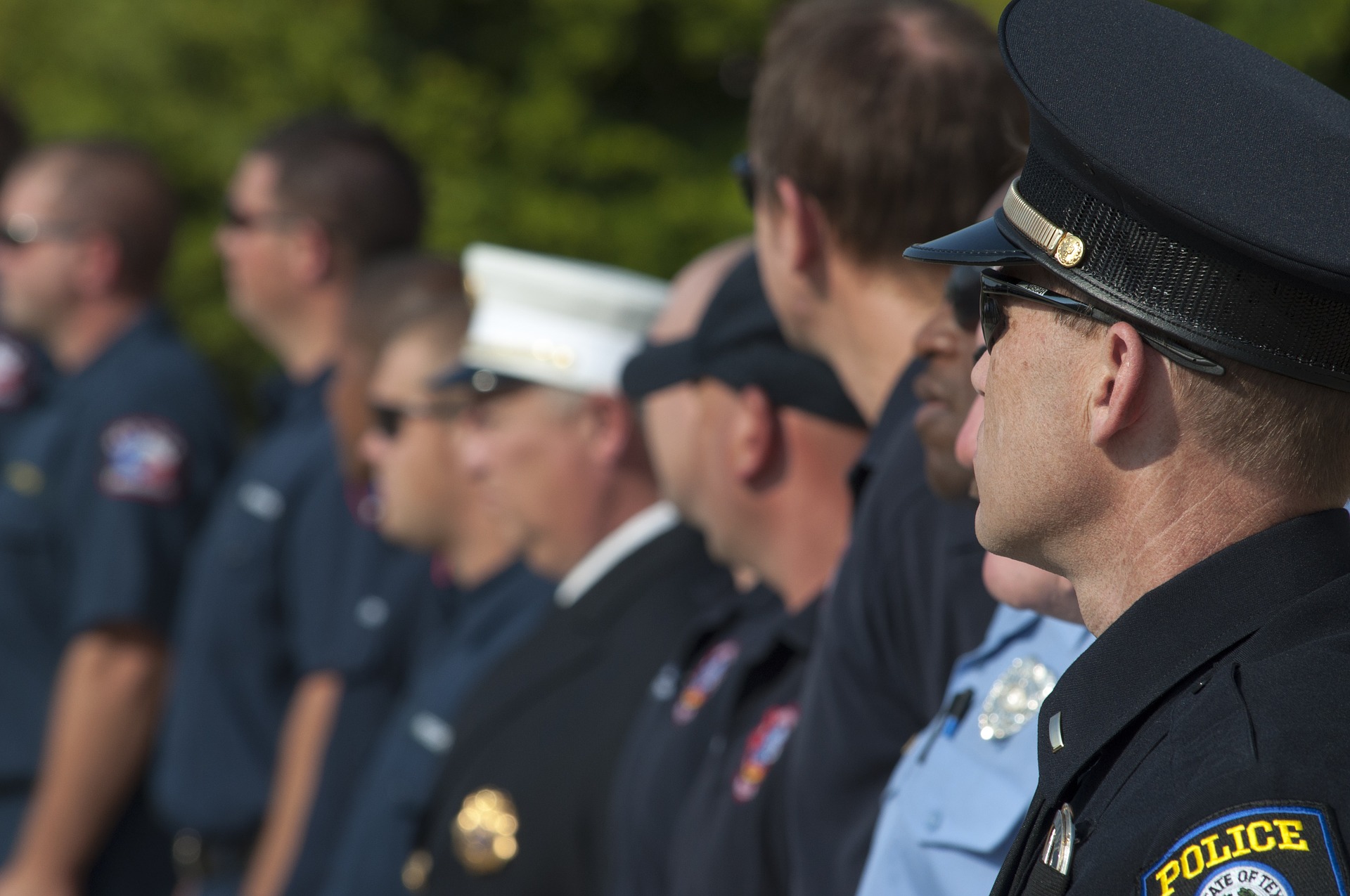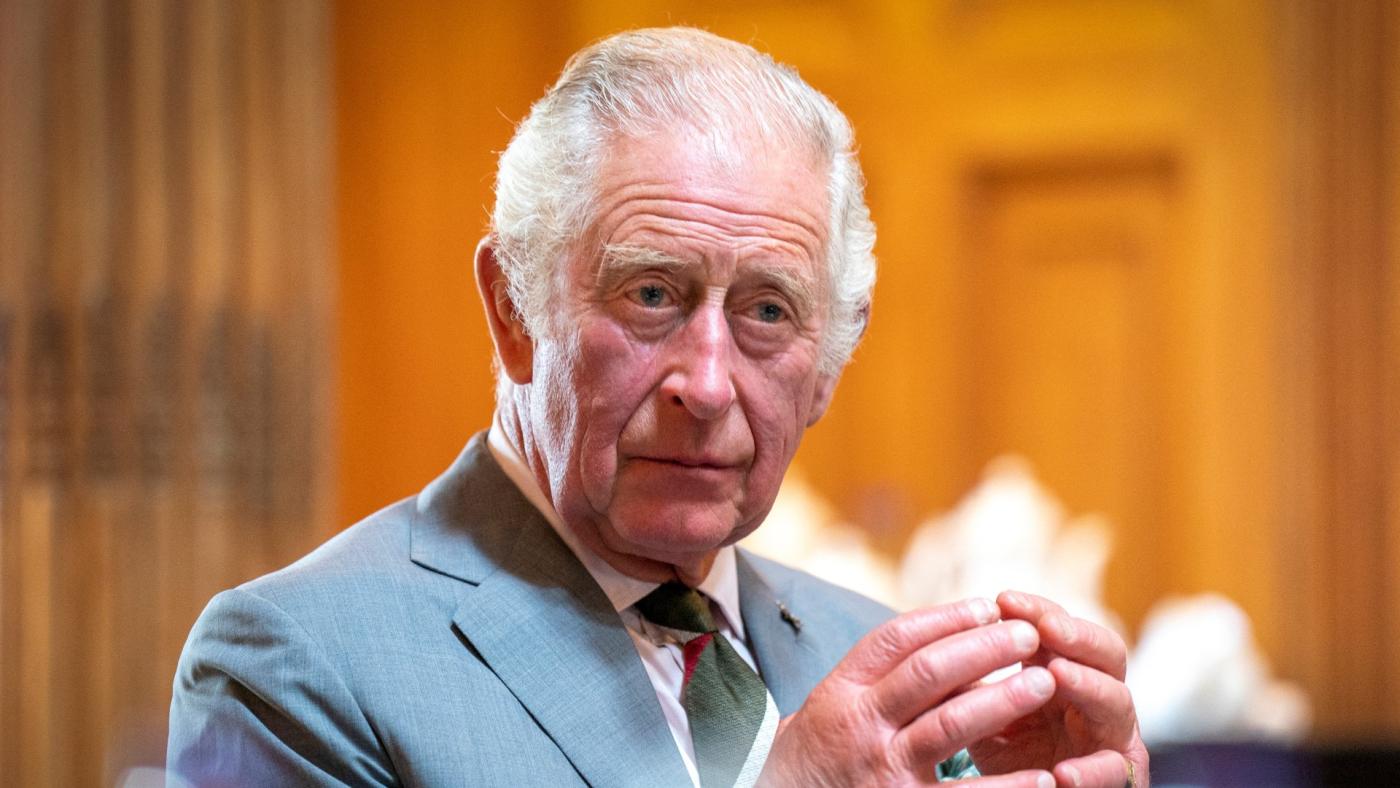Britain’s most senior counter-terrorism officials were monitoring events in Paris after the co-ordinated attacks left scores of people across the city dead and injured.
While officially there was no intelligence indicating that the UK was at greater risk of attack, the scale and nature of the atrocities in the French capital are of a kind that British officials have long feared may happen in the UK.
As the severity of the situation became clear, the prime minister, the commissioner of the Metropolitan police and senior security officials at MI5 were being updated. Britain was already on a high state of terrorist alert, with counter-terrorism experts fearing the risk of an attack on the UK is severe.
Already this year, police in London have held an exercise to test how they would respond to marauding gun attacks in the centre of the capital. The last exercise followed the January attacks on the Charlie Hebdo offices.
Proximity to France will lead UK officials to review border security. But the emerging detail points to the attacks being the nightmare of every western security official: determined, armed attackers, marauding through a city and shaking a major western country to its core.
Scotland Yard has created a special forces-style unit of armed officers to counter the threat of a terrorist gun attack in Britain. The 130 counter-terrorism specialist firearms officers who make up the elite unit have been equipped with new weapons and retrained in new tactics, such as fast-roping from helicopters and storming burning buildings to rescue hostages and shoot or arrest terrorist gun attackers.
They have been issued with SIG 516 weapons and trained to shoot to the head if necessary. Armed officers are traditionally trained to shoot towards the centre of the chest.
Any hopes that the dangers were merely theoretical or exaggerated were dashed by attacks in Sydney, New York city and Ottawa in late 2014 and then Paris in January 2015, which demonstrated terrorists had the ability and intention to strike the west on its home soil.
Those attacks ranged from an individual seemingly acting alone to a group coordinating their efforts and carrying out an attack involving a degree of sophistication.
The danger from so called leaderless jihad, where jihadi propaganda incites “lone wolves” was added to the threat from more directed and sophisticated plots. In the event of gun attacks in the UK, police would lead the response with the army in reserve.






